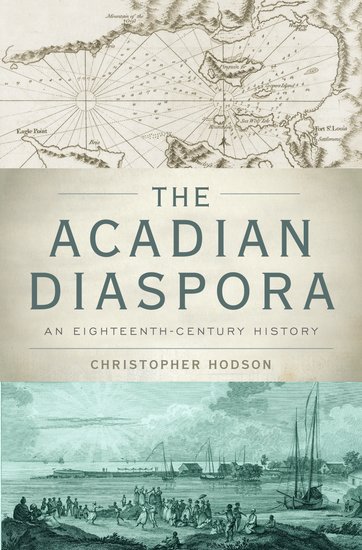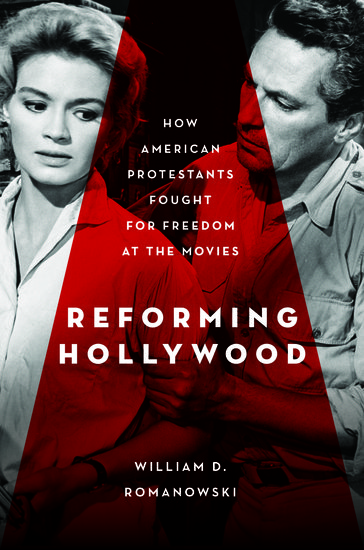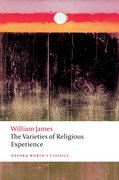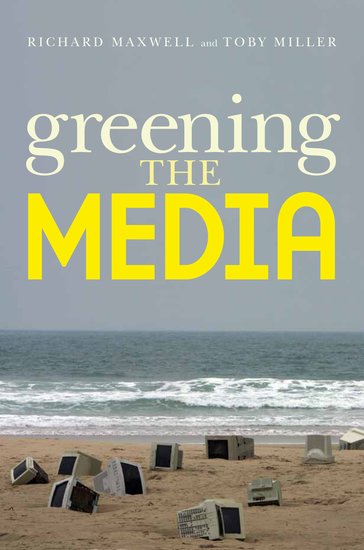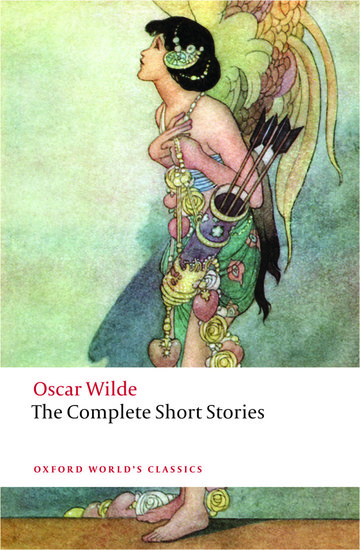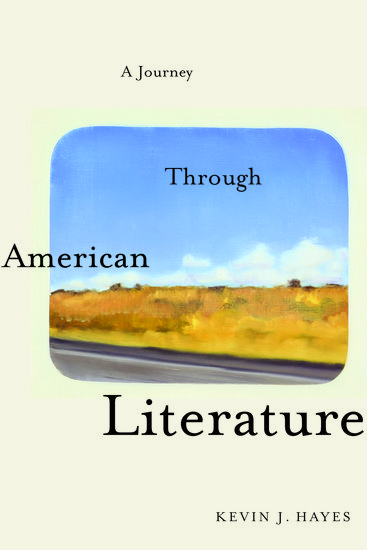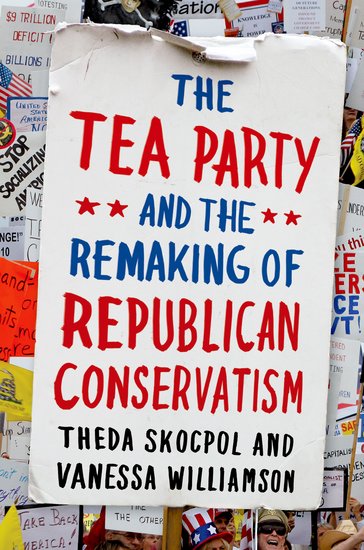Canadian Thanksgiving
By Christopher Hodson
Americans, think fast: pause those (no doubt) raucous Columbus Day festivities and tilt an ear to the north. Sounds from beyond the 45th parallel should emerge. These may include Molson-fueled merriment and the windswept yawning of those huge CFL end zones. That’s right, it’s Canadian Thanksgiving! Yeah, they have one too.

